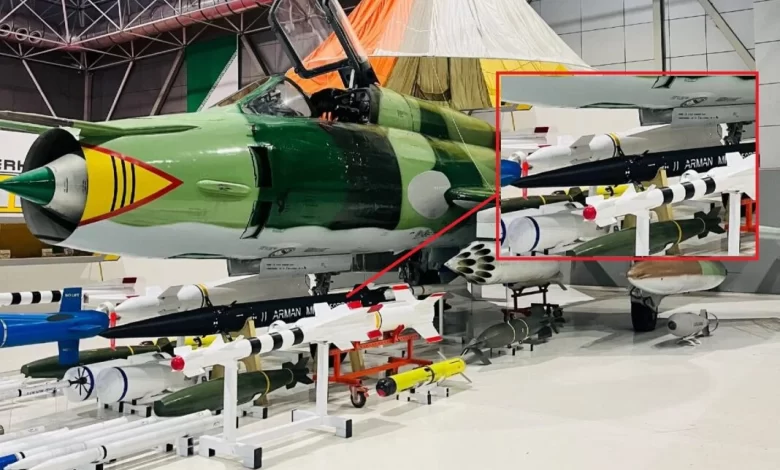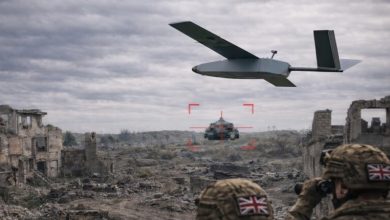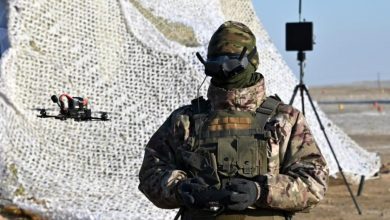Defence NewsÖne Çıkan
Iran unveils new air-launched ballistic missile

Iran has showcased its strides in military technology with the revelation of a new air-launched ballistic missile (ALBM), the Arman, displayed during an Islamic Revolutionary Guard Corps (IRGC) aerospace exhibition.
This significant development highlights Iran’s pursuit of enhanced combat capabilities for its aerial forces.
Images released from the exhibition feature a Su-22 aircraft equipped with the Arman.
Reportedly adapted from the Ababil (al-Fat’h) single-stage solid-propelled short-range ballistic missile, the Arman represents Iran’s venture into an air-launched weapon, reminiscent of the Russian Kinzhal missile. This adaptation reflects Iran’s efforts to expand its aerial arsenal and further solidify its defensive and offensive capabilities.
As Iran continues to innovate and develop sophisticated military technologies, the unveiling of the Arman ALBM underscores the evolving landscape of aerial warfare strategies, shaping discussions on regional security and military preparedness.





